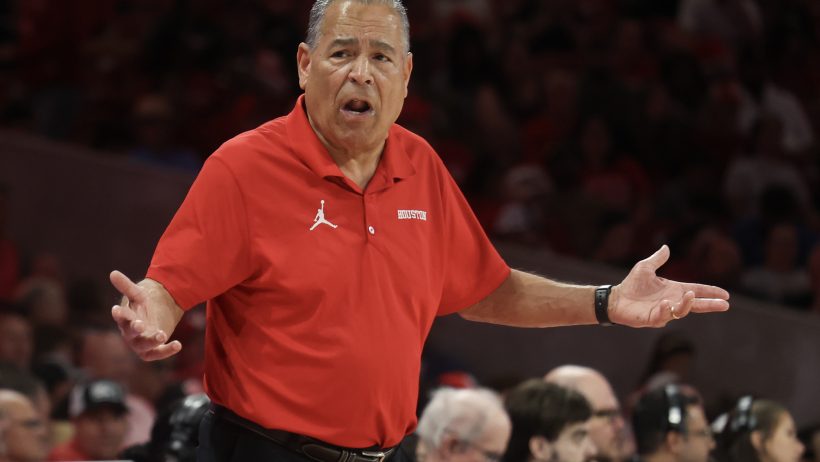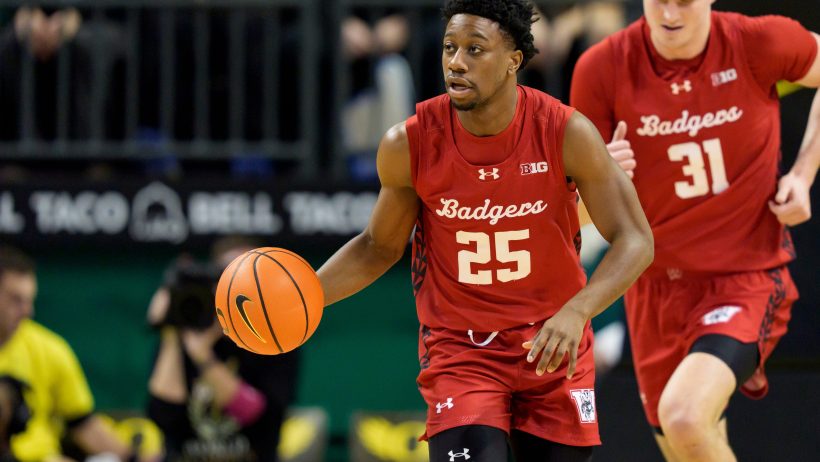Missouri Sports Betting Revenue – Handle & Financial Lanscape for 2026
Verified by: Patrick Cwiklinski
Sports betting has come to Missouri, and it figures to be a lucrative venture for sportsbooks and the state.
Millions will be made through retail locations and Missouri sports betting apps, and the tax revenue created from them will be a boon to state government and residents.
This page will provide the latest information surrounding Missouri sports betting revenue, and in-depth analysis of the market.
Missouri Sports Betting Handle, GGR, and Tax Revenue
Now that Missouri has begun reporting revenue collected from sports betting, both by the operators and the state, this page will include the most up-to-date numbers.
But first, a quick explanation of the numbers that will be presented:
- Handle: The total amount wagered on sports. Your $5 bet counts $5 toward the handle.
- Gross Gaming Revenue (GGR): Amount sportsbooks keep after payouts (their actual revenue). This is sometimes also referred to as adjusted gross revenue (AGR).
- State Tax Revenue: The portion of GGR remitted to the state.
- Hold Percentage: How much sportsbooks collect from bettors, compared to how much is bet. For example, if $1 million is bet, and a sportsbook has $150,000 in revenue, the hold percentage would be 15%. That would be very, very high, by the way.
Missouri Sports Betting Revenue: Monthly Performance Tracker
This section will track the monthly Missouri sports betting revenue numbers.
By tracking MO betting handle data, and Missouri sports betting tax revenue, the true impact of sports betting in the Show-Me State can be analyzed.
Missouri Monthly Sports Betting Revenue
Missouri Sports Betting Revenue by Operator
Missouri breaks down its monthly revenue by operator, giving us a sense of how each of the eight available sports betting apps is doing.
December 2025
The Impact of Missouri’s Sports Betting Tax Rate on State Revenue
Sports betting revenue in Missouri will be taxed at 10%, which is well below the national average of 19%, but in line with other states of Missouri’s size.
This will be incredibly attractive to operators who are being hit with a much larger rate and even a per-bet fee in neighboring Illinois. Attracting and maintaining customers in Missouri will be a priority, and that could mean more lucrative welcome bonuses at launch.
Here’s where that 10% rate stands among neighboring states:
- Illinois: Progressive rate from 20-40% + Per-bet tax of $0.25 or $0.50
- Kansas: 10%
- Iowa: 6.75%
- Indiana: 9.5%
- Kentucky: 9.75% (retail); 14.25% (online)
- Tennessee: 1.85% collected on sports betting handle
So how much money will that bring into Missouri?
In Indiana, a nearby state with a relatively close population to Missouri (it has 6.8 million people, Missouri has 6 million), the adjusted gross revenue was $43.8 million in May. If Missouri had a similar month, it would be collecting approximately $4.3 million in betting tax.
There are other rules involving bonus bets and exemptions, but the basic premise here is the state of Missouri will be making millions when online sports betting launches.
After it’s collected, the money will be dispersed to various places, with at least $5 million annually going to problem gambling addiction services, and much of the remaining revenue helping to fund education in Missouri.
The state budget is $50.8 billion for the upcoming fiscal year, so MO betting tax revenue would cover less than 1 percent of that. But there is plenty that could be done with $4 million (or much more during football season) each month.
Missouri Online Gambling Economic Ripple Effect
The economic impact of sports betting in Missouri goes well beyond tax revenue collected.
Adding retail sports betting locations will be the most easily seen impact. That will create jobs and increase traffic to those areas, meaning more people eating in surrounding restaurants, staying in local hotels, etc.
But beyond that, sports betting operators will be investing in Missouri not just with bonuses to attract new customers, but with advertising that targets them. That means billboards, television ads, web ads, and more, a lot of which will benefit local media.
It’s hard to put a number on those impacts, but if you look at Indiana, you can get an idea. A report ahead of Indiana launch had estimated more than 700 jobs, and a total economic impact of $466 million would be created within the first five years of legalized sports betting.
Missouri Sports Betting Revenue Outlook & Future Projections
A study from Eilers & Krejcik projected as much as $3.4 billion being wagered in Missouri in its first year of sports betting.
I would suggest that’s low, as Indiana just hit $5 billion in handle for 2024, so something closer to $4 billion could be on the table.
Nine of the biggest operators in the US market have received licenses to launch on Dec. 1, which backs that up. While filling the full 14 available licenses will drive revenue up a bit, once you get beyond the nine that are coming there’s a bit of over-saturation that could happen.
Here are the nine sports betting apps Missouri bettors will have to choose from:
- DraftKings Missouri
- BetMGM Missouri
- bet365 Missouri
- FanDuel Missouri
- ESPN BET Missouri
- Fanatics Sportsbook Missouri
- Caesars Sportsbook Missouri
- Underdog Missouri
- Circa Sports Missouri
Projecting tax revenue is tougher because promotional spend will be higher in the opening months and likely again starting in September 2026, as the first full football season starts for Missouri bettors.
That will make for less taxable revenue from operators, but that same Eilers & Krejcik study did project more than $100 million to be funneled to Missouri schools over the first five years.
State government analysis projected up to $28.9 million per year in tax revenue.
Operators are expecting big things, as well, with FanDuel projecting $400 million annually at market maturity, and DraftKings projecting $175 million annually within the next five years.

Evergreen Writer/Editor; Sportsbook Expert
With nearly two decades of experience in sports media, Paul Costanzo turned his professional attention to sports betting and online gambling in January of 2022. He's covered every angle of the industry since then, managing and creating content for PlayMichigan and The Sporting News, and now SBD.



